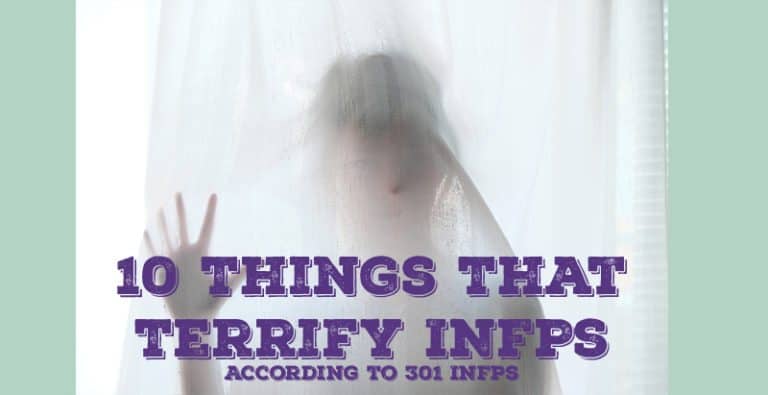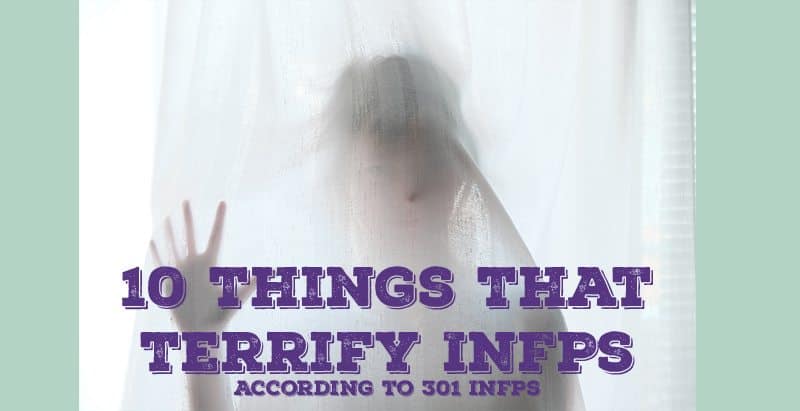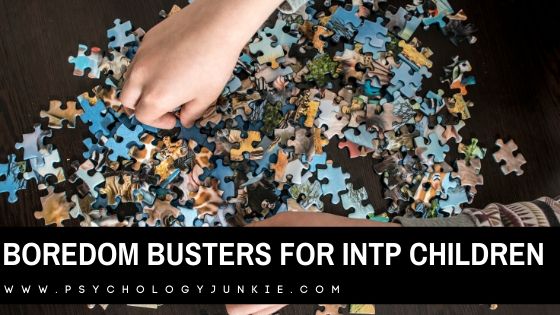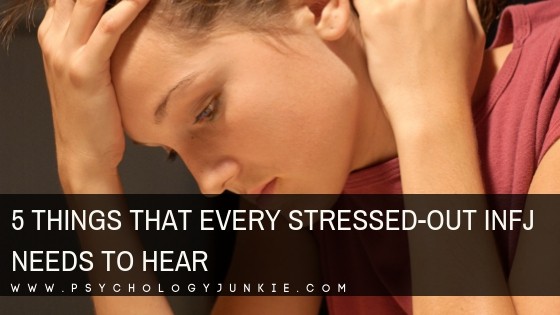What ENFJs Do When They Get Really Stressed Out
“Character is formed in the stormy billows of the world.”
– Johann Wolfgang von Goethe, rumored ENFJ
Every personality type is stressed by different things and has different ways of responding. Over the last 5 years, I’ve spent extensive time studying type and stress reactions to find out if there was any correlation between type and stress. What aggravates stress for each type? What are some effective solutions for each type? These are all questions I answer in my eBook, Discovering You: Unlocking the Power of Personality Type.anquility by Type. But I want to give some basics in this article for ENFJs who find themselves in the midst of anxiety, overwhelm and frustration.

First of all, what stresses out ENFJs?
- Discord and Conflict
- Having to Focus on the Mundane and Repetitive
- Little Appreciation or Affirmation
- Having to Go Against Their Values
- Feeling Too Much/Over-Empathizing
- Being Misunderstood
- Being Mistrusted
- Their Own Perfectionism
- Disrupted Plans
ENFJs spend a lot of their time taking care of the needs of other people. They are deeply in tune with the emotional atmosphere around them, and innately want to keep morale high and the mood pleasant. They are generally tactful, warm, considerate, and in many cases very selfless. Because they are so in touch with other people’s emotions, being in conflict situations is exhausting and overwhelming for many of them. Having to give and receive criticism and potentially hurt someone else’s feelings is something that can make their heart beat rapidly and their palms sweat. Sometimes over-empathizing and feeling the moods of others for so long can cause them to burn out.
ENFJs are also notoriously perfectionistic. As idealists, they have an intensely beautiful image of the future, and they want to reach it with such intense passion that it can be all-consuming. In pursuit of their vision, they can wear themselves out and put their own personal needs last as they take care of others and work to achieve their ideal future.
As judging types, ENFJs also hate disrupted plans. Interruptions, people who shirk their responsibilities at the last minute, and having things poorly organized all frustrate them. ENFJs feel responsible for their environment; not so much in the sense that they have to have everything perfectly clean, but in the sense that they try to arrange everything to meet the needs of others. For example, if people come over they might have glasses of lemonade on hand, or if there’s a party they might circulate through the room to make sure everyone feels included. People who are careless about the moods of others or who disrupt their plans can cause them a lot of irritation.
Not sure what your personality type is? Take our new personality questionnaire here. Or you can take the official MBTI® here.
How ENFJs Respond to Stress:
There are two types of stress that ENFJs can experience: Everyday stress and grip stress. First, let’s talk about everyday stress.
Everyday Stress
When experiencing day-to-day stress, ENFJs will try to find constructive ways to handle it using their combination of Extraverted Feeling and Introverted Intuition. ENFJs may behave more true-to-type when they are stressed, and rely on the comfort and encouragement of trusted friends to find relief. ENFJs and ESFJs are the only two Myers-Briggs® personality types who prefer not to be alone when they experience stress. They like to be able to discuss their feelings with a close friend and to have their emotions and experiences acknowledged. They also will use their Intuition to see the big picture and try to focus on their main goals and purpose in life. They try as hard as possible not to “sweat the small stuff”.
Sometimes these coping mechanisms don’t work well for the ENFJ; Introverted Intuition is not an organized, judging function and so it’s not particularly advanced at sorting out one’s own emotions and feelings. Extraverted Feeling is more concerned with understanding other’s emotions, so it also is not equipped to sort out the ENFJs own complex feelings. This means that ENFJs can experience stress in a more severe way than other types; developing headaches, shoulder tension, or an upset stomach as a result. They may also try to distance themselves from the source of the perceived stress to protect their sense of well-being. This repression can build up over time and cause them to lose their temper or react in charged anger.
“Grip” Stress
When ENFJs can’t find a solution to their stress by using feeling or intuition, or if they are experiencing chronic, extreme stress, they may fall into the grip of their inferior function; Introverted Thinking. If you’re not sure what the inferior function is, or you need to know more about the ENFJ’s cognitive functions, click here.
When ENFJs are in the grip of introverted thinking, their dominant and auxiliary functions have become completely worn down, and they behave in surprisingly uncharacteristic ways. Instead of behaving like a normal ENFJ, they behave more like an unhealthy ISTP. They may obsess over their mistakes, withdraw from people, criticize themselves and others, and lash out at people. They might become obsessed with analyzing irrelevant data to find some reason or core cause for their stress. They will seem completely unlike themselves to people who know them, and it’s not only confusing for bystanders but for the ENFJ, who feels overwhelmed and lost in this uncharacteristic state. They are unable to access their normal “big picture” perspective, and their Extraverted Feeling (Fe) becomes completely diminished in its effectiveness.
7 Ways ENFJs Can Find Relief From Stress
- Confide in a Trusted Friend
ENFJs like to have the comfort and confidence of a good friend or family member when they are experiencing stress. They want to be listened to, to have their feelings acknowledged, and be reminded of their strengths and contributions.
- Exercise
According to the MBTI® Manual, ENFJs were the highest in coping with stress by exercising. Not only does exercise release powerful endorphins in the brain which reduce stress, exercise also helps the ENFJ to get in touch with their tertiary Sensing function. Many people are able to reduce stress or pull themselves out of a grip reaction by accessing their tertiary function. For ENFJs, exercise gives them the ability to focus on the physical world through Extraverted Sensing. It gets them out of their inferior thinking function but doesn’t force them into their overextended Intuitive or Feeling functions.
- Get a Change of Scenery
ENFJs sometimes need to withdraw from the situation that is causing them stress and immerse themselves in a new environment. This is especially true if the environment they were in was full of conflict or criticism.
- Get Outside!
According to Irina Wen, Ph.D., a clinical psychologist and clinical director of the Steven A. Military Family Clinic at NYU Langone Medical Center, being outside reduces cognitive fatigue and stress and can be helpful with depression and anxiety.
- Watch a Movie
ENFJs can sometimes find relief from stress by tuning into another person’s story. Watching a lighthearted movie can help them to take a break and relax, it can also help them to healthily tap into their feeling and sensing sides. ENFJs tend to be hard on themselves and work very tirelessly, so a movie can give them a nice pause from their concerns and pressures.
- Journal
ENFJs can often get a better grasp of their emotions if they can write them down in a journal. This helps them to get their feelings out there on paper and process them through Extraverted Feeling (Fe). Because Fe needs to hear or see emotions in some external way to understand them, when an ENFJ reads back their journal entry to themselves they can often grasp and understand their emotions in a better way than before.
- Remind Yourself That Struggles Make You Stronger
ENFJs experiencing stress can feel more capable and determined if they remind themselves that these struggles have the power to make them stronger and more resilient. Having a positive personal result like this as an outcome of their stress can help them to keep their focus and determination intact.
What Are Your Thoughts?
Do you have any suggestions for ENFJs who are struggling with stress? Share your thoughts and strategies with other readers in the comments! Find out more about your personality type in our eBook, Discovering You: Unlocking the Power of Personality Type.
Other Articles You’ll Love:
10 Things You’ll Relate to If You’re an ENFJ
6 Major Misconceptions About Feeling Types
10 Things You Should Never Say to an ENFJ
The Childhood Struggles of Every Myers-Briggs® Personality Type















This is an excellent article. In terms of stress and myself, your article was like getting the puzzle pieces in one box complete with a picture on the front instead of bits here and there. Especially the sentence where you said that only ENFJ and ESFJ don’t want to be alone when under stress. That was glass shattering for me. Before that I assumed it was just an extroverted thing because I live with 4 introverts. As for adding anything, if you have no one to listen, then talk into a recording device and listen to yourself. It’s not necessarily as good as having someone there, but it can be very helpful.
This makes so much sense! I never thought about the fact that my dominant and auxiliary don’t really help me cope with stress. I DO exercise daily and my favorite solution to dealing with stress is to watch a fun movie.
I handle day to day stress either by taking things one step at a time, prayer , or humor. At work I use a lot of humor.
Fascinating reading the descriptor for the ENFJ personality type. I absolutely concur with with the result having answered the questions. I actually have a philosophy degree and work as a guidance counsellor.
Again, you nailed it. As the ENFJ gets older the grip stress situations tend to be more rare and controlled. As Jennifer says in her comment humor plays an important part in handling stressful situations.
Taking a step back from big picture thinking at work, striving for personal goals for the future and helping loved ones reach their potential is the first step. Just writing this, I can see how I exhaust myself! The best ways I’ve found to detach are daily crocheting and long walks with my dog. The repetitive motion of crochet with quiet music or silence helps me relax and tap into soothing thoughts and emotions. Walks have always given me the physical and emotional space to get my mind centered and grounded in my body. I work in breast cancer research so my thinking and feeling for others can get very tapped by the end of the day. Doing something physical or creative helps replenish my energy and shift my attention to taking care of myself before others.